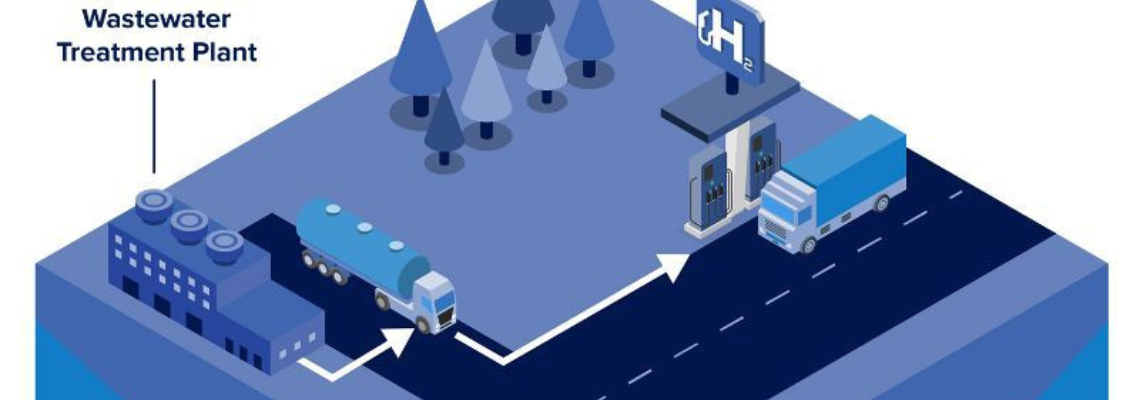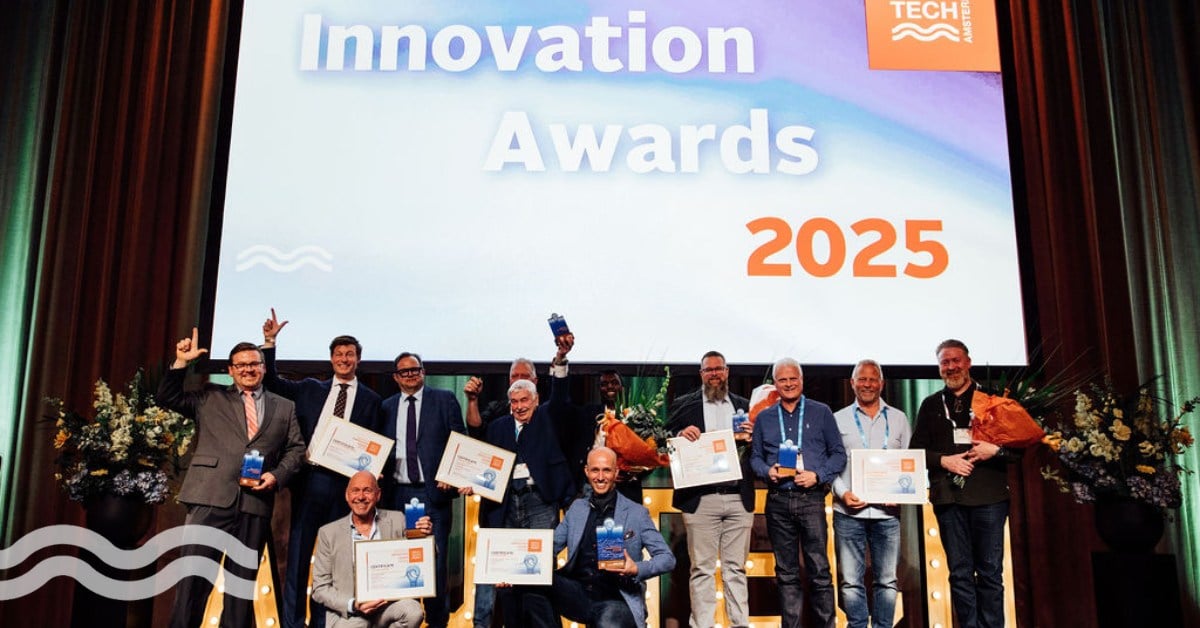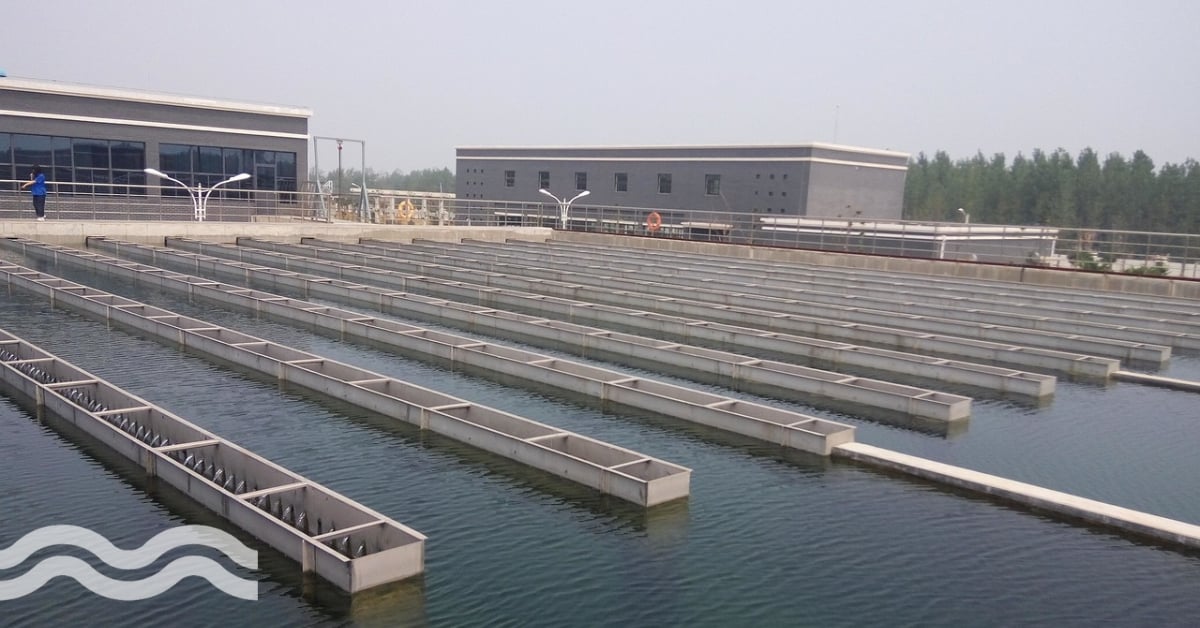Developing hydrogen from wastewater – Anglian & Element 2 partnership leads UK efforts

A partnership funded through Ofwat’s Water Breakthrough Challenge will kickstart Britain's first initiative to produce fuel cell grade hydrogen using wastewater this summer in Cambridgeshire.
Reducing carbon emissions
A new partnership established through Ofwat’s Breakthrough challenge is accelerating the UK’s wastewater to hydrogen economy.
The ambitious push aims to reduce carbon emissions during the water recycling process while generating green hydrogen and oxygen through an innovative integrated electrolyser system.
Hydrogen infrastructure business Element 2 plans to purchase hydrogen produced by the new electrolyser at Anglian Water’s Milton Road, Cambridge water recycling site and transport it to Element 2’s network of hydrogen refuelling stations around the UK.
It’s estimated that up to 91kg of fuel cell grade hydrogen that’s suitable for use with hydrogen vehicles will be generated each day when running at 100 per cent from July 2023.
How does the process work?
Hydrogen technology company Logan Energy will supply and install the electrolyser used for the initiative. It will use treated wastewater through the electrolyser to create hydrogen and oxygen. The oxygen will then be used within a Membrane Aerated Biofilm Reactor (MABR) treatment process, targeting the reduction of nitrous oxide.
The MABR habitat creates an ideal environment to support a resilient biofilm that can withstand hydraulic shock loads and process upsets, with the ability to absorb and consume carbon and nitrogen-based pollutants.
Produced hydrogen could be facilitated for different uses, in fuel cells, to displace diesel generators, or for local transport application.
Scaling up
The project is being watched closely by water companies across the UK as it has significant potential to be scaled up. Other utilities partnering in the project and expected to share the learnings include Northern Ireland Water, Severn Trent, Scottish Water and United Utilities.
By investigating using treated wastewater, the project aims to tackle resource recovery, without additional demand for drinking water resources and without compromising the water resilience needed to face climate change.
Giulia Pizzagalli, innovation projects manager at Anglian Water said the project will help to support the delivery of the sector’s drive to Net Zero by 2030 by helping to “reduce nitrous oxide emissions, increase the energy efficiency of wastewater treatment processes and generate a new renewable energy source via electrolysis”.
Global wastewater hydrogen projects
While the project is relatively new for the UK, these types of developments are already making waves globally.
Siemens Energy announced earlier this year that it was to start the production of hydrogen electrolyzers in Berlin, Germany. The project aims to use solar cells to capture energy that will power the electrolysis of wastewater, producing hydrogen gas. The hydrogen produced will be used for fuel cells and the energy will also be stored in hydrogen tanks for future use.
Australia has also been making progress in wastewater-to-hydrogen production. In Victoria, a company named AquaHydrex designed a smart anaerobic digester producing green hydrogen from wastewater, which can then fuel transport. This process involves the partial removal of water and organic matter by anaerobic digestion, which produces biogas. Biogas is then converted into green hydrogen that can be stored and used for various purposes.
Finally, in California, a wastewater plant in the city of Ontario partnered with Air Products and Chemicals to develop a hydrogen facility. Running on a 4 MW electrolyser, the facility can extract hydrogen gas from the facility's wastewater. As a result, it is estimated that Ontario will have the potential to reduce 9,000 tonnes of CO2 emissions per year.


